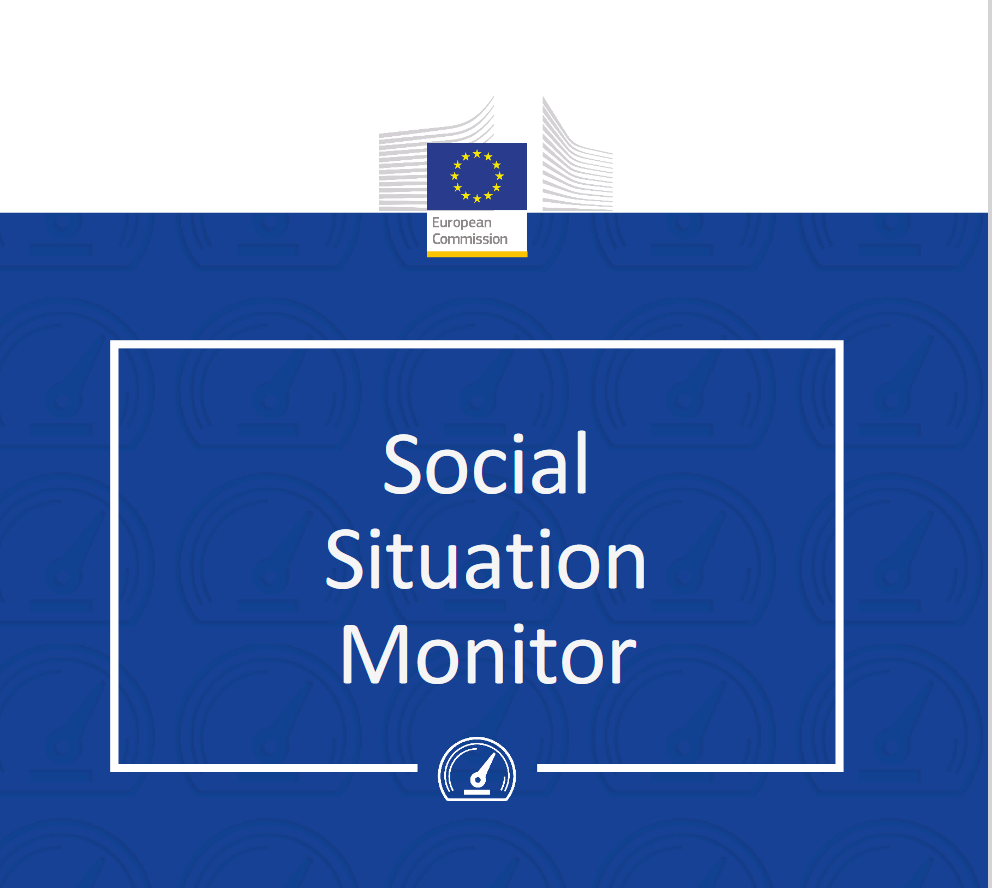Mysíková, Martina. 2024. Beyond income poverty: Subjective poverty and indebtedness. Luxembourg: Publications Office of the European Union. 70 pp. ISBN 978-92-68-18101-0. DOI 10.2767/050115. [cit. 01.08.2024]Available from: file:///C:/Users/martina.mysikova/Downloads/KE-CF-24-005-EN-N-6.pdf
This research note examines some aspects of the financial situation of households and individuals that are not captured by the at-risk-of-poverty rate, an indicator based solely on household income. Although income is a crucial factor for a household’s financial situation and economic well-being, the dimensions of costs, expenses and liabilities are no less important, especially with the current global challenges of rising energy prices and overall inflation. Using the EU-SILC 2020 data (module on ‘over-indebtedness’), this study presents additional elements of the monetary dimension of measuring poverty that can usefully complement official statistics on income poverty. Namely, it analyses subjective poverty, household (over‑)indebtedness and overburden by regular household expenses.
The subjective poverty based on households’ self-evaluated minimum income needed indicates a clearer division and a greater differentiation between poorer (i.e. Eastern and Southern Member States) and richer (i.e. Western Member States) regions than that given by the relative indicator of at-risk-of-poverty rate.
Households in Central and Eastern European countries typically borrow less often, possibly due to liquidity constraints and capital requirements; but indebted households in these countries are subjectively over-indebted more frequently (e.g. Romania, Bulgaria, Hungary). Countries with higher shares of indebted households tend to have less subjective over-indebtedness (e.g. Finland, Luxembourg, Sweden).
Housing costs comprises the lowest relative burden for households in Malta, Cyprus and most Central and Eastern European countries, while the highest relative burden is evident in Greece, Benelux and Scandinavian countries. Additional regular expenditures (loan payment and food and transport expenditure) burden the budgets of households in Central and Eastern Europe relatively more than in Western Europe.
Member States where subjective poverty rates are very high (e.g. Bulgaria, Greece, Romania) have also relatively high rates of expense-overburdened households. Generally, the expense-overburden rate correlates more strongly with the subjective poverty rate than the income poverty rate.
Authors
Department
Topics
European Union, Debts, Wages and Incomes, Social Inequalities, Standard of Living
